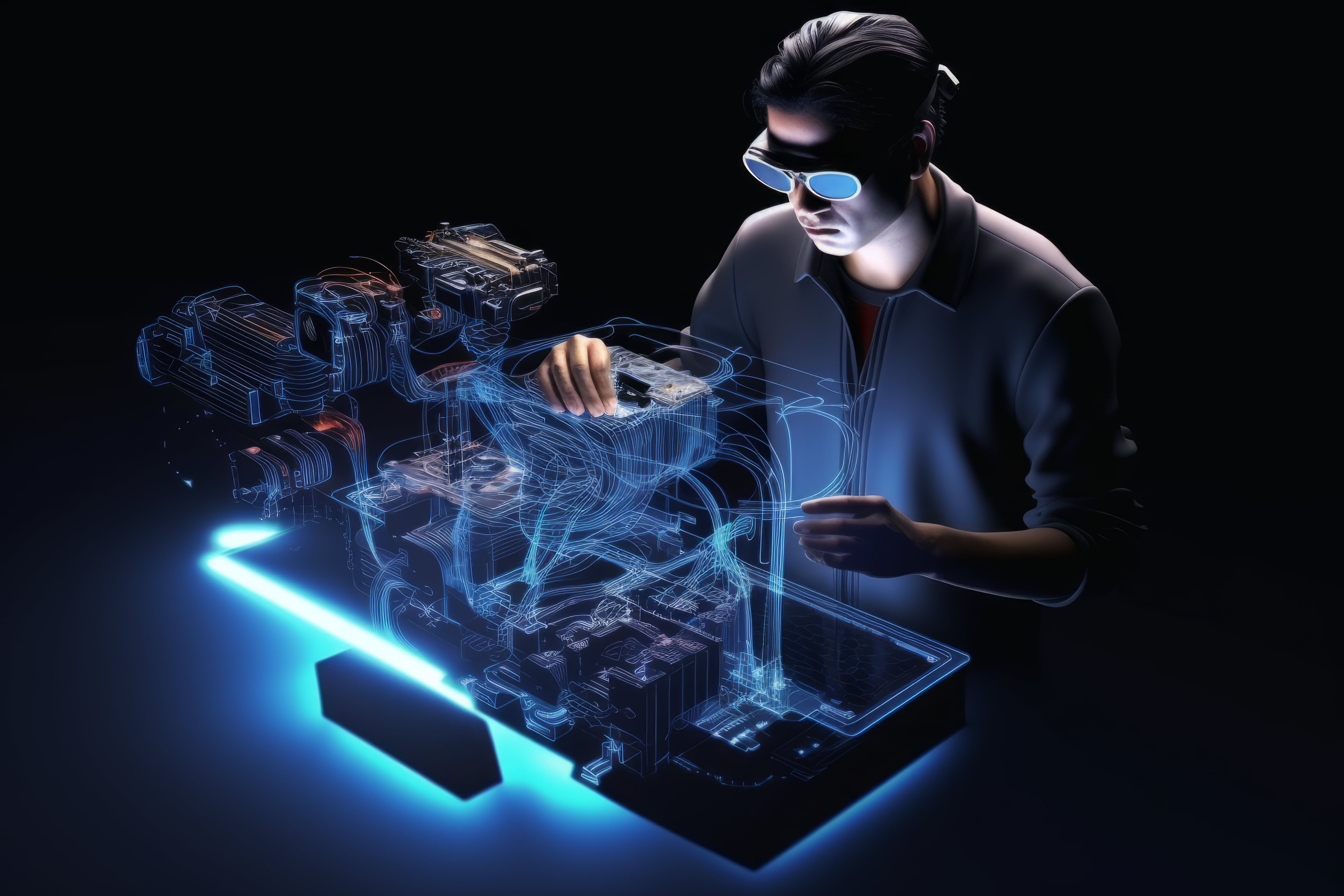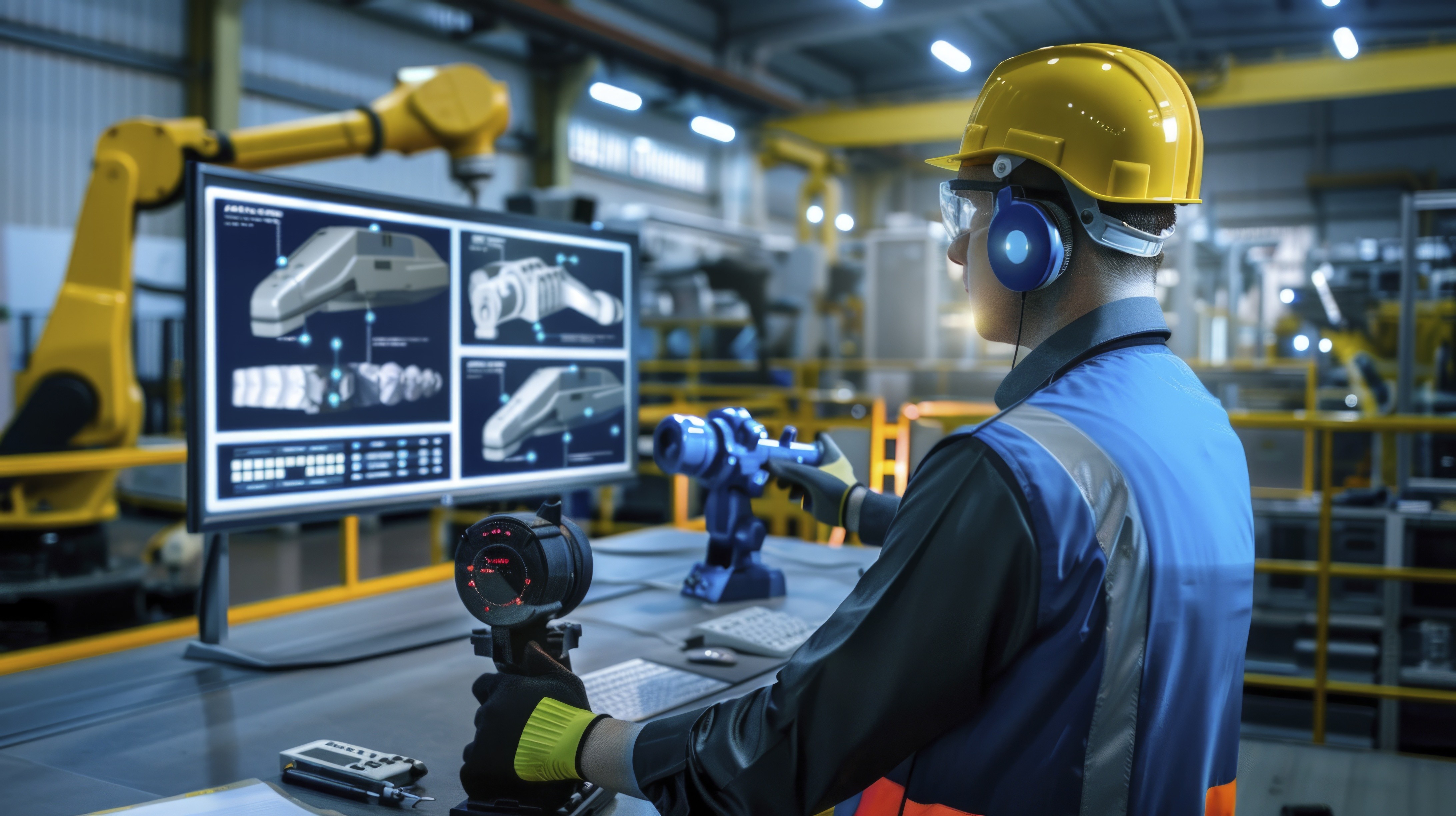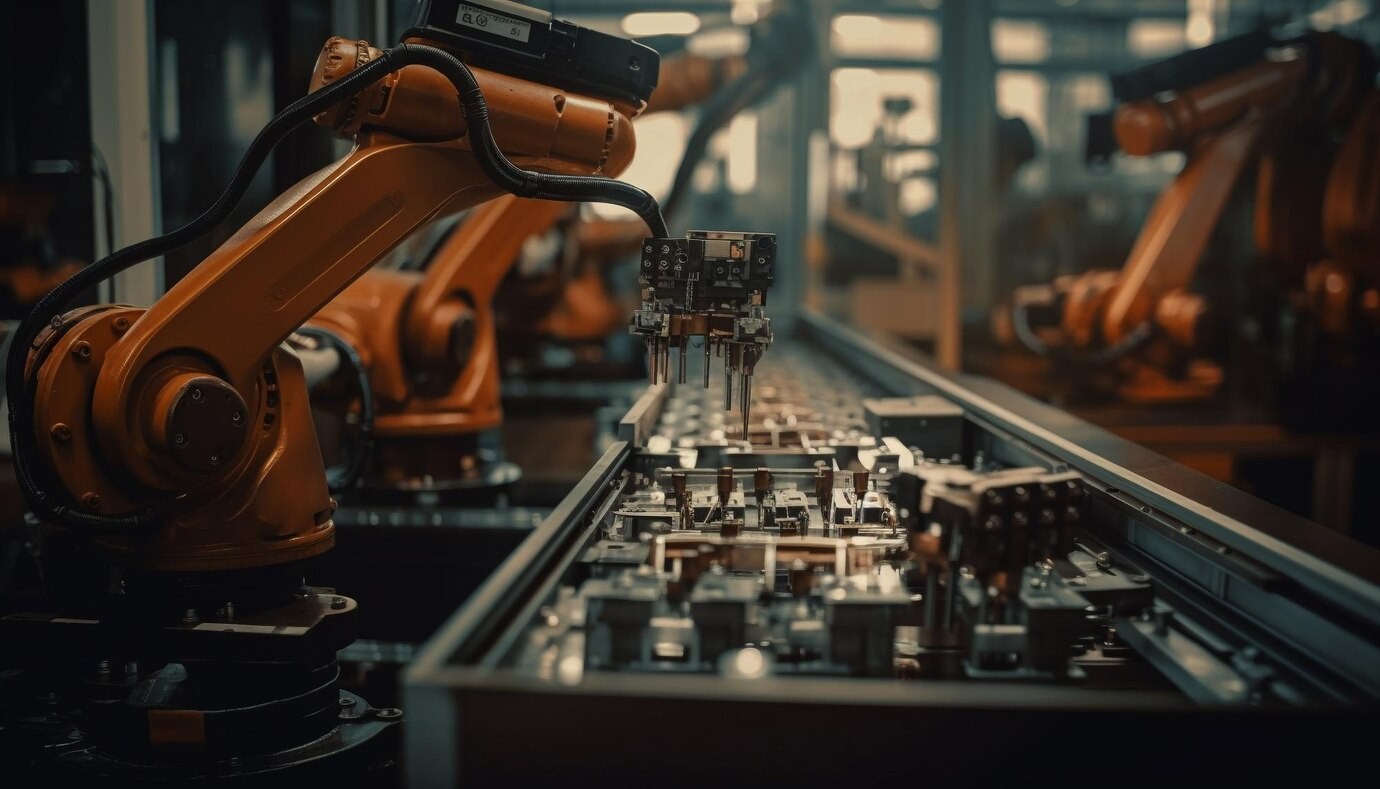
From boardroom to shop floor, digital twin platforms enable faster decisions, smarter designs, and future-ready ecosystems. See how industry leaders are turning complex systems into intelligent, people-first solutions.

The global Digital Twin market is projected to expand from $21.1 billion in 2024 to $119.8 billion by 2029, achieving a remarkable CAGR of 41.6%. Digital twins, driven by advancements in IoT, AI, and cloud computing, are revolutionizing manufacturing, healthcare, energy, and smart cities through predictive analytics and real-time optimization.

The Smart Factory represents the future of manufacturing, integrating advanced technologies like IoT, AI, and robotics to enhance productivity, quality, and sustainability. With real-time data and automation, these factories drive efficiency, adaptability, and environmental responsibility, positioning manufacturers for global competitiveness.

EMS is a part of the electronics industry that offers outsourced services for electronic products. It includes designing, engineering, manufacturing, testing, and logistics. EMS providers serve medical, automotive, aerospace, and consumer electronics. The electronics manufacturing services market is expected to grow to over US$900B by 2030, with a CAGR of over 8% from 2024 to 2030.

E-mobility is revolutionizing transportation with cleaner, more efficient, and quieter vehicles. Dive into the key components fueling this transformation, from cutting-edge batteries and energy-dense motors to smart charging technology and future-proof power electronics. Explore the environmental benefits, sustainability strides, and the exciting roadmap for a greener tomorrow on wheels.

Microfactories, integrating AI and sustainability practices, are gaining recognition as an agile manufacturing approach. They have the potential to reshape the industry landscape and create a more sustainable future. The synergy between innovation, demand, and regulatory support is set to propel the microfactory market to unprecedented heights.

To create a winning D2C market fit strategy, define your target market, conduct thorough research, analyze the competition, validate product-market fit, embrace data analytics, personalize experiences, engage with your community, prioritize customer feedback, and stay ahead of emerging trends.

DeepTech leads technological innovation, offering solutions to global challenges. AI, quantum computing, and biotech can address healthcare, energy, and sustainability.

Promising startup sectors include blockchain, synthetic biology, AI, space, and sustainability. These areas have grown due to secure systems, biotech advances, AI demand, space exploration, and sustainability needs.

Generative AI is a tool that helps businesses create unique content and improve efficiency. It needs human guidance and relies on existing data. Generative AI can be used in finance, healthcare, engineering, and other industries, giving businesses a competitive edge.

The future of disruptive marketing in consumer packaged goods seems to have not received much attention lately. Nevertheless, businesses must start taking action today.